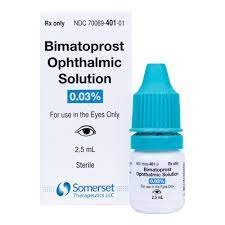- Usually taken once a day with or without food.
- It is important to take it at the same time every day.
- Do not stop taking it suddenly without talking to a doctor.
- Bleeding or bruising easily
- Upset stomach or diarrhea
- Headache or dizziness
- Have a bleeding disorder
- Have stomach ulcers
- Are scheduled for surgery
- Have liver or kidney problems
- Tell your doctor about all other medicines you are taking.
- Avoid taking it with too much alcohol, as this increases the risk of bleeding.
- Let doctors and dentists know you are taking Clopidogrel before any medical procedures.
What is Clopidogrel?
Clopidogrel is a medicine used to prevent blood clots. It helps reduce the risk of heart attacks and strokes in people with heart disease or blood circulation problems. It belongs to a group of medicines called antiplatelets, which stop platelets (a type of blood cell) from sticking together and forming clots.
How Does It Work?
Clopidogrel works by making the blood thinner. When blood is too thick, clots can form inside blood vessels. These clots can block blood flow to the heart or brain, causing heart attacks or strokes. Clopidogrel helps keep the blood flowing smoothly.
How to Take Clopidogrel?
Possible Side Effects
Like all medicines, Clopidogrel may cause side effects. Some common ones include:
If you have serious bleeding (such as blood in your urine or black stools), contact a doctor immediately.
Who Should Not Take Clopidogrel?
This medicine may not be suitable if you:
Important Tips
Conclusion
Clopidogrel is an important medicine for preventing heart attacks and strokes. It helps keep blood flowing by preventing clots. However, it should be taken as prescribed by a doctor and with care to avoid serious side effects.
| packing pills | 30 pills, 60 pills, 120 pills, 180 pills, 200 pills, 250 pills, 300 pills, 400 pills, 500 pills |
|---|

 Cart is empty
Cart is empty 









Reviews
There are no reviews yet.